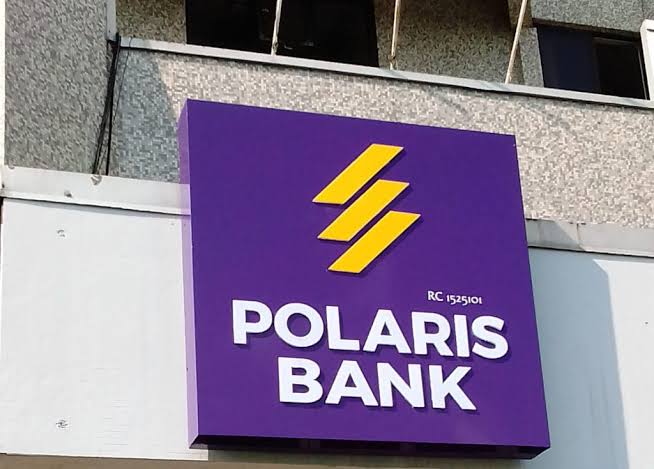As a demonstration of its commitment to the development of Micro, Small and Medium Enterprises (MSMEs) in the country, the Bank of Industry (BoI) made a total disbursement of N53.0 billion to the segment in 2019, a 56.3% year-on-year increase from the N33.9 billion disbursed in 2018.
This was announced at the Bank’s 60th Annual General Meeting held virtually in line with COVID-19 protocols of the Federal Government.
Indeed during the year under review, the BoI disbursed a total of ₦234 billion to a total 10,145 enterprises, thereby facilitating the creation of an estimated one million direct and indirect jobs.
Presenting the Group’s financial scorecard for the year 2019, the Chairman, Board of Directors, Mr. Aliyu Abdulrahman Dikko, stated “I am also pleased to report that the group’s balance sheet remains strong while our business operations are in line with both regulatory requirements and global best practices.”
The Group also recorded an increase of a Profit Before Tax by 7.3% to ₦39.34 billion year-on-year over the ₦36.66 billion recorded in 2018.
He said, “in the course of the year, we made significant progress towards improving the size of our loanable funds, leveraging our strategic partnerships in the international market and the support of the Central Bank of Nigeria. The Bank was able to raise €1 billion (One Billion Euro) through syndication by international banks for on lending to SMES to create jobs.”
The Managing Director of BoI, Mr. Kayode Pitan, described the year under review, which marked the 60th anniversary of Nigeria’s oldest Development Financial Institution, as a significant year for the Bank.
“As a Bank, we have survived 60 years and by God’s Grace, the Bank has done very well,” he said. “The balance sheet of the Bank, after 60 years, is now slightly over one trillion Naira; profit for last year was also very good.”
Beyond the profit, he said, the Bank made strong impact on the economy by disbursing over N200 billion in 2019 to over 10, 000 different institutions and organizations, including the about 60 % increase in disbursement to the SME segment.
Speaking in the same vein, Mr. Pitan said “the year 2020 started out with a lot of promises but the pandemic has caused a lot of problems.”
He noted, however, that the Bank was active in sourcing for fresh funding in the first quarter of the year, which was rewarded with about a one billion Euros facility.
He said in response to the outbreak of the pandemic, BoI worked with the Federal Government to introduce palliatives to make life easier for customers of the bank by giving them moratorium and by restructuring their facilities.
He revealed that, “In many cases now, we are looking at increasing the working capital becausethe current value of the Naira requires increase in working capital needs. But as much as possible, we want to ensure that we limit the number of companies that might go under because of this pandemic.”
He said with the efforts of Government, the Central Bank of Nigeria and BoI, a lot of companies will be saved, and “hopefully we will come out of this much better than what people would expect.”
“ I want to thank the CBN Governor, Mr. Godwin Emefiele and the Directors; the Minister of Finance,Budget and National Planning Zainab Shamsuna Ahmed; and Otunba Niyi Adebayo, Minister of Industry, Trade and Investment for their part in making 2019 a good year for us.”
He also expressed deep appreciation to partner banks, the facilities and to all customers of the bank.
“We thank all our customers and we pray that this year 2020, no matter how difficult things are, we will work together with them – to make it a good year for all of us.”
Soon after the outbreak of the COVID-19 pandemic, BoI responded with a number of measures to reduce the economic impact on customers.
Among them, the bank reduced interest on its direct line of credit by 2% for one year from April 1, 2020 to March 31, 2021; granted a three-month moratorium on principal repayment to all beneficiaries of the BOI Fund from April1, 2020 to June 31, 2020; with option to extend by up to 12 months for customers with proper justification on case by case basis.
For loans issued under the Central Bank of Nigeria (CBN) intervention programme and in line with a CBN directive, the bank reviewed interest rate downwards to 5% per annum, with a 3-month moratorium.
Also the bank worked with the Nigerian Content Development Management Board (NCDMB) to reduce interest rates on credit facilities approved under the Nigerian Content Intervention Fund from 8% per annum to 6% per annum, including extension of the moratorium period.
More directly, BoI made financial contributions to the relief efforts of governments and the organized private sector.










